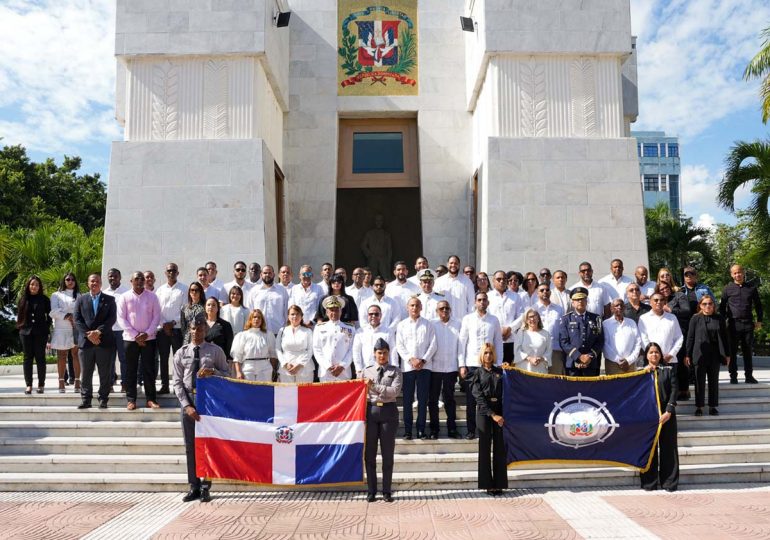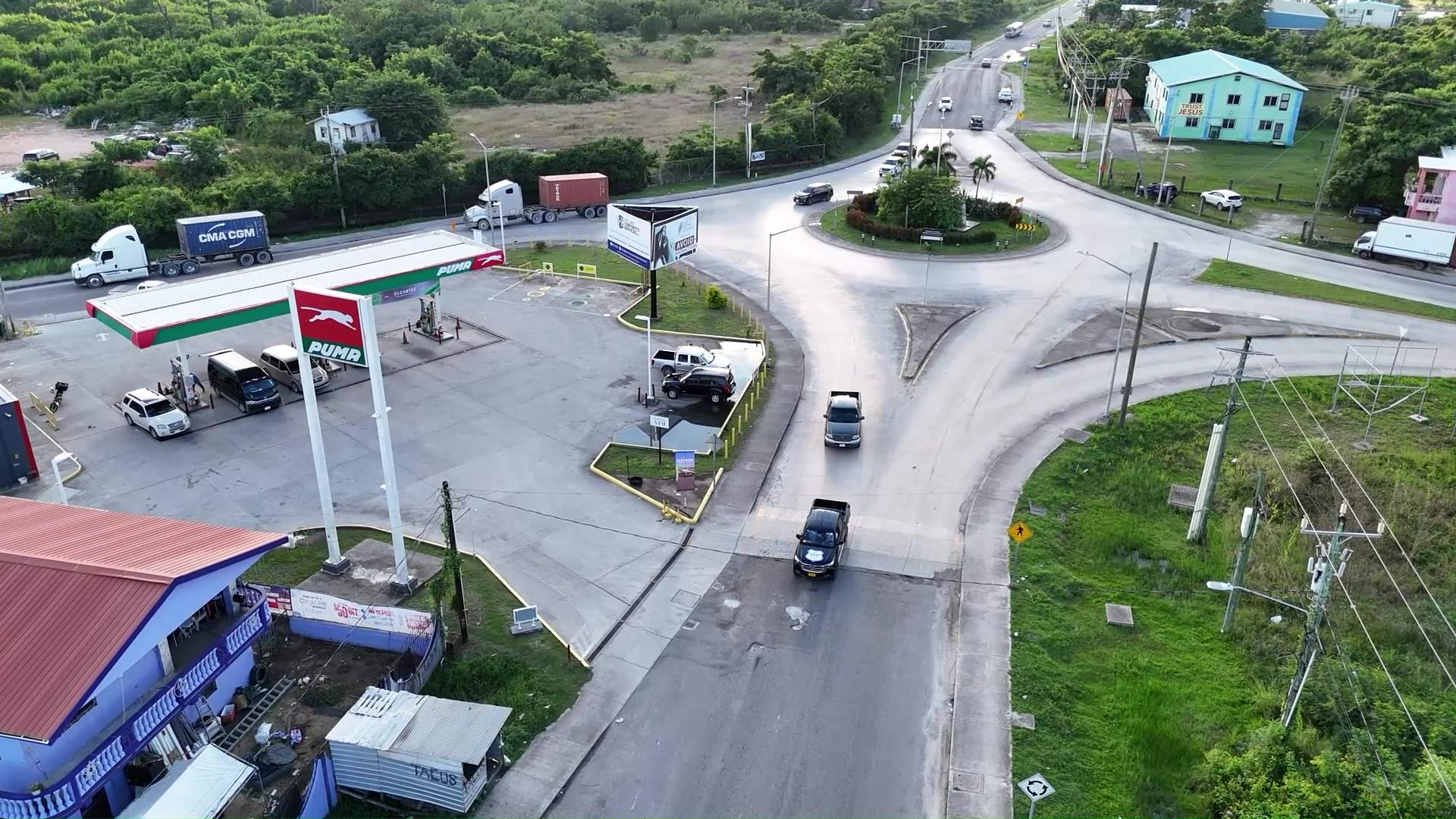In a decisive move reflecting heightened economic uncertainty, the Bank of Jamaica (BOJ) maintained its key policy rate at 5.75 percent during its December monetary policy meetings. This decision comes as the Caribbean nation grapples with severe economic disruptions following the catastrophic impact of Hurricane Melissa, which made landfall on October 28.
The central bank’s Monetary Policy Committee unanimously agreed to retain the rate offered to deposit-taking institutions, signaling what financial analysts characterize as a ‘hawkish hold’ – maintaining current rates while explicitly preparing markets for potential future tightening. This approach underscores the delicate balancing act facing policymakers: supporting an economy devastated by natural disaster while containing mounting inflationary pressures.
Revised damage assessments reveal the hurricane’s economic impact has exceeded initial projections, with infrastructure losses now estimated at over 40 percent of GDP, substantially higher than the previously estimated 30 percent. The agricultural sector suffered particularly severe damage, losing approximately half of its projected 2024 output value.
These physical devastations have triggered immediate price escalations, with annual headline inflation accelerating to 4.4 percent in November 2025 from October’s 2.9 percent. The BOJ anticipates further sharp increases in coming months, expecting inflation to exceed its target range of 4-6 percent by early 2026.
More concerning to policymakers is the upward trajectory of core inflation, which excludes volatile food and energy prices, reaching 4.3 percent in November. This indicates broadening price pressures beyond temporary hurricane-related disruptions. The central bank specifically warned of ‘second-round effects’ where initial price increases in essentials could propagate across the broader economy through heightened inflation expectations.
The BOJ’s stance appears particularly assertive given the context of expansionary fiscal measures, with Parliament suspending fiscal rules to facilitate increased recovery spending. This fiscal stimulus, while necessary for reconstruction, potentially exacerbates inflationary risks by boosting aggregate demand.
Economic projections remain grim, with real GDP expected to contract by 4-6 percent in the 2025/26 fiscal year due to extensive damage to productive capacity. A modest recovery is anticipated thereafter, with growth forecasts ranging between -1 percent and 1 percent for the following year.
The MPC committed to vigilant monitoring of incoming data, particularly regarding core inflation dynamics, and pledged readiness to implement necessary policy actions should inflation risks threaten the return to target ranges. The next policy decision announcement is scheduled for February 23, 2026.









